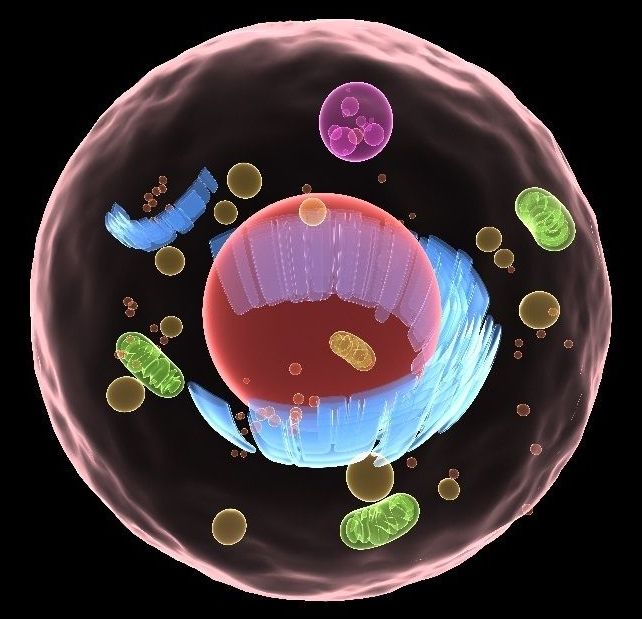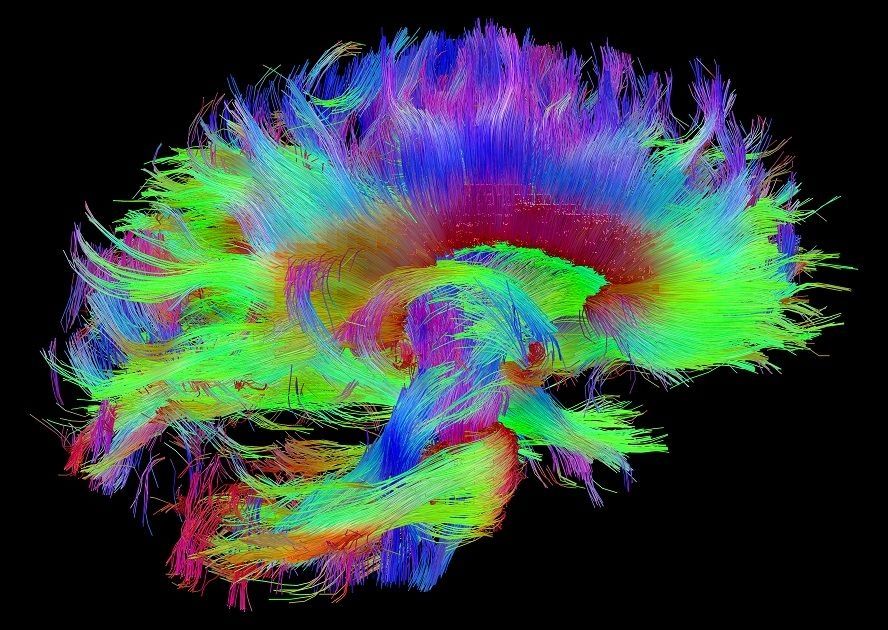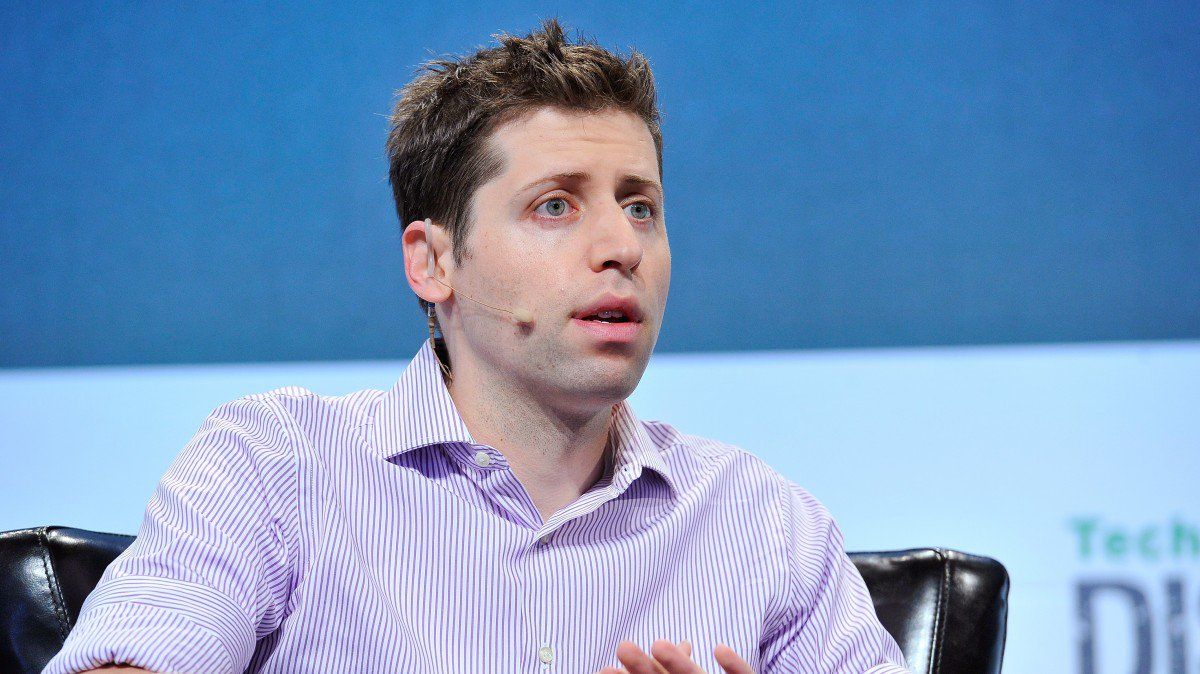Summary: Why Do We Age? Scientists answer the question with the latest evolutionary theory of aging, the disposable soma theory, which supports the longevity benefits of calorie restriction. With commentary by leading geroscientist, Tom Kirkwood. [This article first appeared on the website LongevityFacts.com. Author: Brady Hartman. ]
The process of aging, or growing old, presents an apparent contradiction to people who believe in Darwin’s theory of evolution. Aging increases the vulnerability of an organism, which ultimately leads to its death. How could evolution favor a process that gradually increases mortality and decreases the ability to reproduce?
Leading scientists have found an answer to this puzzling contradiction and offer us new theories to explain why we age and die using evolutionary theory – the idea that aging confers an evolutionary advantage.









